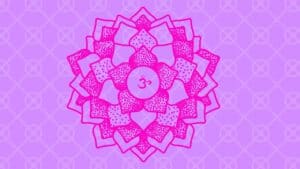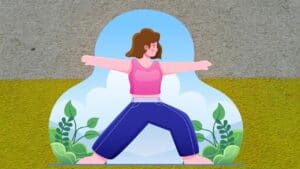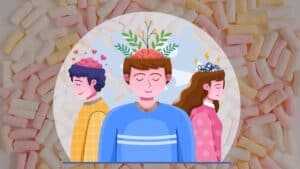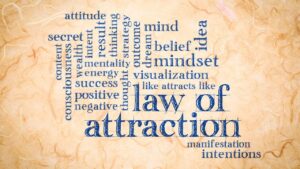
Gratitude seems to be a relatively straightforward emotion, and doing it right can bring immense happiness to your life. Gratitude is being thankful and appreciative for the benefits that we receive, whether tangible or intangible. It is easy to understand what it means, but harder to find concrete examples of gratitude and a tricky thing to quantify.
What Gratitude Does And Why Do It?
Gratitude Leads to usage of ‘We’, because we think about the other person. It helps us to come out of our individual identity and look at collective identity.
Studies have shown that practising gratitude has lasting effects on the brain and brings lasting happiness. Gratitude increases the neural modulation of the prefrontal cortex, the portion of the brain which manages negative emotions like shame and guilt. It also helps to release the feel-good chemicals – dopamine, serotonin and oxytocin. An improved mind improves health since there is a direct relation between mental and physical well-being.
Besides mental and health benefits, gratitude helps in building stronger relations since we acknowledge others. Humans are full of emotions and seekers of positivity. Acknowledging others around us helps to develop deeper and lasting bonds with them.
What Prevents Us From Being Grateful?
We all know that we should be grateful, but we are not. The reason for this is that we are always looking for what is wrong in our lives and not what is right. We focus on the problems and forget about the solutions.
The thing that prevents us from being grateful is our own thoughts and attitudes. We need to change how we think about things in order to be grateful, which can only happen with time, patience, and practice.
Initial hesitation comes because of the conditioning since our childhood. We might be accustomed to not being grateful to people because of lack of teaching during our childhood, or maybe the surrounding environment was not addressing this.
How To Practice And Inculcate Gratitude
The simplest way to practice gratitude is to think about what you are grateful for and then write it down. You can also create a gratitude journal where you start by writing three things each day that you are grateful for. You can also try keeping a gratitude list where every time you experience something good in your life, add it to the list.
You can be grateful for something in the past or something happening presently. There are no fixed rules, just express yourself. It can be as small as someone giving you way while crossing, to the food you eat, to the luxuries that you enjoy in life. Initially, you might also have to fake it and then, as you progress, you will feel the emotion of gratitude automatically.
And the best way to inculcate gratitude is by practising it daily. Practising something daily helps to drop our old tendencies and develop new habits. And once we set forth on this journey of gratitude, we invite happiness into our lives.






































